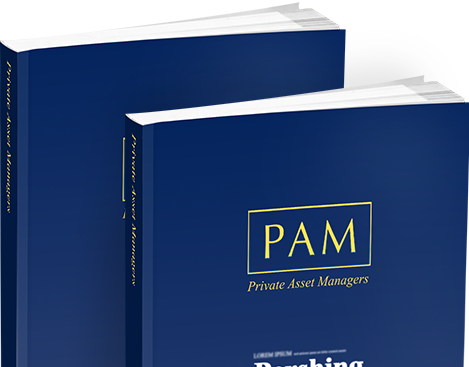Another core part of wealth management is the use of trust and fiduciary companies to structure your wealth. These can be important in consolidating global assets in one location, as well as mitigating tax and for succession planning. This includes using trusts, foundations and other structures as a way of managing how and when your assets are passed to your beneficiaries and to protect against the expense and time of the UK probate process.
A trust is a legal agreement between the person (settlor) who creates the structure and the person or institution (trustee) who administers the trust. The trustee manages the assets within the trust for the benefit of a third party, the beneficiary.
Another increasingly popular vehicle for an individual's assets is a foundation. More common in civil law jurisdictions, foundations have become an attractive alternative to trusts. Similar to both a company and trust in that it is a body corporate that is for the benefit of one or more beneficiary, a foundation differs as it is a unique structure designed to fulfil a specific purpose.
Foundations are popular with individuals from civil law jurisdictions and are flexible. Both Jersey and Guernsey as common law jurisdictions introduced foundation law in 2009 and 2012 respectively.
Often, the more complex your financial affairs, the more sophisticated the structuring and planning required. This will involve consulting a lawyer, as well as a trust company, because of the legal issues that are likely to arise in such a situation.
The PAM Directory is a comprehensive guide on comparative data focusing on asset managers, investment managers, private banks, stockbrokers, wealth managers and multi-family offices, who provide discretionary and/or advisory portfolio management services for private clients.
Order Now
Subscribe to PAM to hear about the latest news and promotions
Site Content Copyright PAM Insight Ltd 2016
This option is not available when logged in as a Private Asset Manager.
For registering with PAMonline. You should now receive an email asking you to verify your email address. If you do not receive this email, please call +44 (0)207 967 1601 for assistance.
To reset your password please enter code below.
To restore your password please enter your email below.
To see full information of the Private Asset Managers, plus the opportunity to rate and follow, login or register
For registering with PAMonline.
You should now receive an email asking you to verify your email address.
If you do not receive this email, please call +44 (0)207 967 1601 for assistance.
To return to the Home page, click here
To see full information of the Private Asset Managers,
plus the opportunity to rate and follow, login or register.
Please fill in all the fields.
To activate your account enter valid activation code below.
To resend activation email type in your registered email address below. Or contact the PAM office on +44 (0)20 7967 1608 to get instructions to activate your account.
